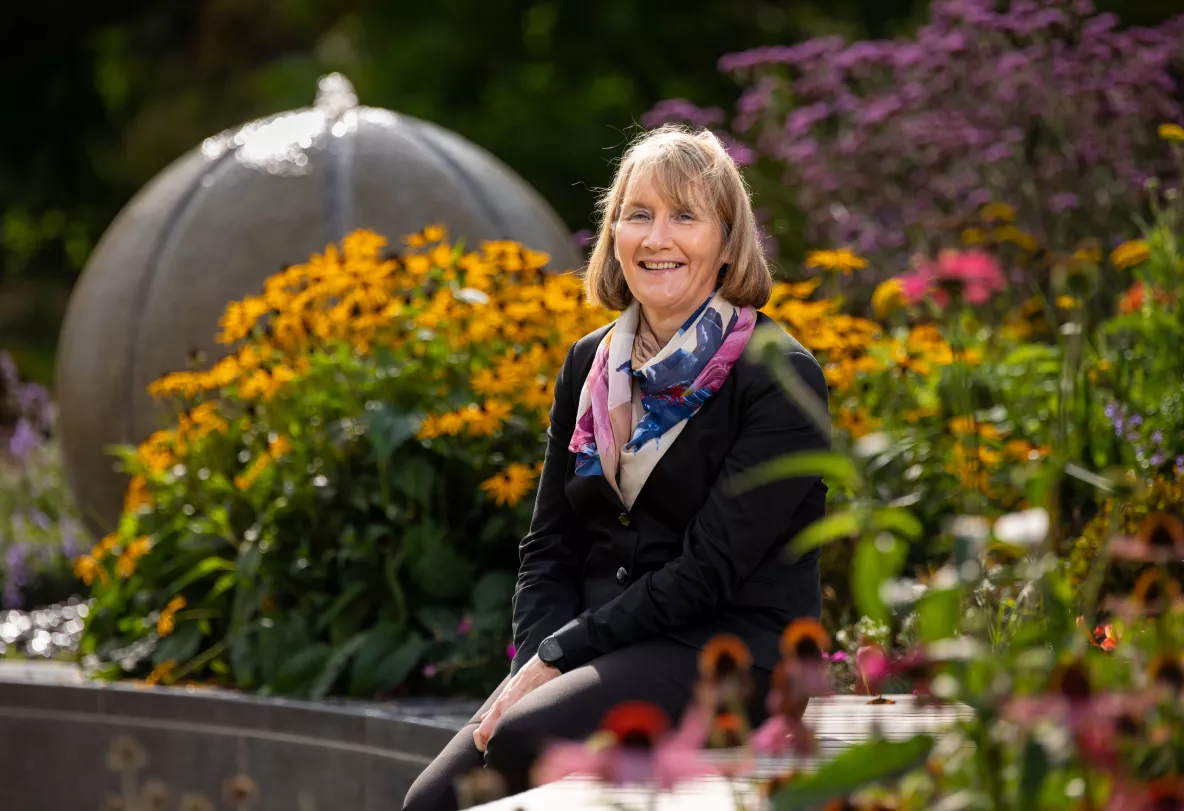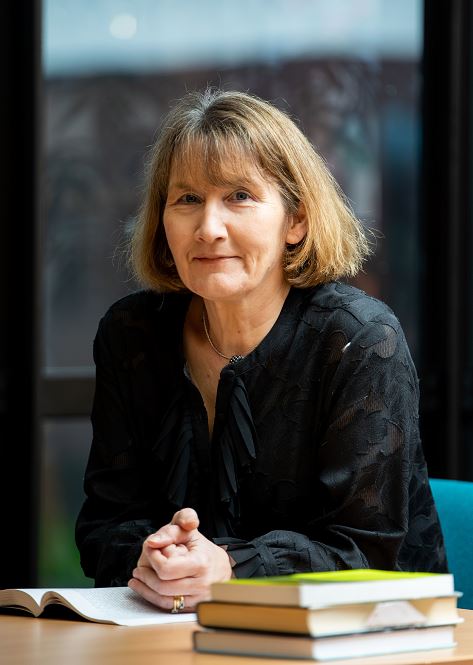
At the very core of University of Limerick (UL) is an instinctive drive to create knowledge for a better world. As a young university, our very existence is due to the vision and determination of the community around and its future.
Our faculty, researchers and students are empowered to be curious, to be questioning.
UL is home to a community of the curious, who are conducting excellent fundamental research with impact.
UL is ranked 61 in the world in the overall Times Higher Education Impact Rankings up from 86 last year, reflecting UL’s ongoing commitment to address global challenges.
The University is in the top 25 in the world for SDG10: Reduced Inequalities and SDG11: Sustainable Cities and Communities.
We are making a difference.
Watch as Professor Orla Muldoon, Professor of Psychology explains how changes in connections and feelings of belonging impacts both people's physical and mental health.
Radically rethinking psychological trauma
As the world around us appears to be beset by a never-ending cycle of conflict, new research by a leading academic at University of Limerick has radically re-examined what we know about psychological trauma.
The publication of a major new book on psychological trauma by University of Limerick Professor Orla Muldoon details evidence that traumatic experiences can, under certain conditions, impact people’s political positions and appetite for social change.
Professor Muldoon, founding professor at the Department of Psychology and Director for the Centre for Social Issues Research at UL, was awarded almost €2.5m in European Research Council (ERC) Advanced Grant funding to study trauma.
The resulting book, The Social Psychology of Trauma: Connecting the Personal and the Political, will change thinking about trauma, offering a powerful and radical rethink of how stress, trauma and politics become intertwined.
Professor Muldoon’s research reveals trauma as a socially situated phenomenon linked to power and privilege or disempowerment and disadvantage.
“Doing research on the impact of traumatic experiences can be both heartening and heart-rending. You encounter people and situations that would touch the hardest of hearts and others who inspire with their tenacity and strength to go on. Even in a privileged Western nation such as Ireland, I don’t have to look hard to find stories of stress and trauma. Crisis and catastrophe happen with remarkable regularity.
“One thing that remains poorly understood is the attributes that help or hinder people when they meet misfortune. This book attempts to unravel the social and political processes that seem to matter in how people cope with adversity,” said Professor Muldoon.
This book is intentionally written to be accessible to victims and survivors of trauma, their families, those supporting them as well as practitioners, students, and academics.
It intertwines Professor Muldoon’s personal experiences of trauma to reveal how social and identity factors affect the experience and aftermath of trauma.
The publication integrates psychology, politics, and medicine to offer a new understanding of the causes and consequences of traumatic experiences.
The human cost of psychological trauma is high. It is second only to schizophrenia in terms of social and economic burden of disease.
“We are inclined to use a medical model – if a person shows symptoms as a consequence of traumatic stress, we think that there is something medically wrong with them.”
This book presents a lot of evidence about why a medical lens is not a helpful way to think about trauma:
- It ignores the fact that extreme events are likely to result in extreme emotions
- It ignores the fact that most people are resilient in the face of trauma
- It ignores the fact that those that are most likely to be adversely affected are those that are isolated as a result of the trauma or blamed for their own trauma
Psychological trauma, rather than being a personal problem, is an inherently social one.
Because it is such a socially embedded phenomenon, connections to others, treatment by others, and acknowledgement of trauma are all important to recovery.
Lots of people show growth following trauma, indeed much social and political change can be attributed to people who experienced trauma themselves and wanted to make sure that the same never happened to others.
Find out more about Professor Orla Muldoon's research
